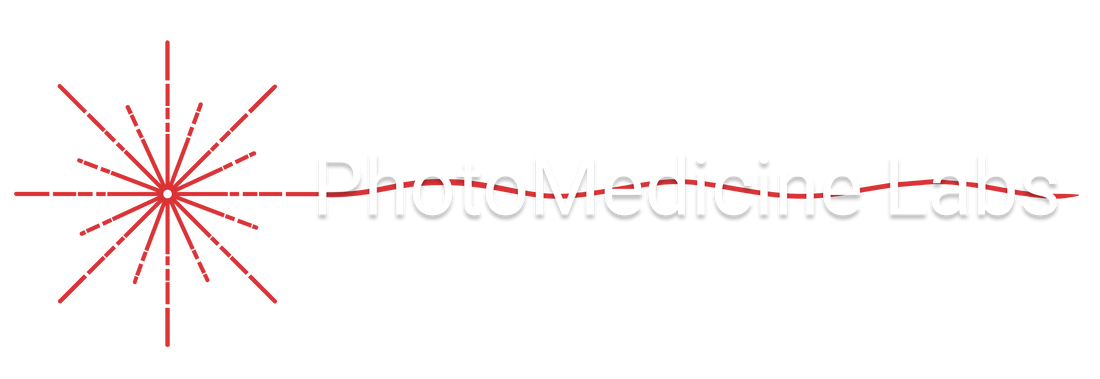Photon Absorption Remote Sensing (PARS®) on the CTV News :
(formerly known as photoacoustic remote sensing)
2024 News:
- “How laser and AI cloud could help detect cancerous tissue in minutes” highlight by CTV News, (April).
- Making the cut: PARS accelerates cancer diagnosis, University of Waterloo, Waterloo News (April).
|
Engineering education is a cornerstone at the University of Waterloo which serves as one of the top 50 engineering schools worldwide. Within Canada, the University of Waterloo is the largest engineering school and is ranked #1 in Canada for engineering.
UW has been ranked as the #1 institution for hands-on experiential learning in Canada; the #1 school for entrepreneurs in Canada; and the #1 comprehensive research university in Canada. Students from 120 countries choose Waterloo each year because of our reputation as one of North America's top universities. Many of our undergraduate programs (for high school and transfer students) and our graduate programs rank among the best in the world. By Maclean’s 2024 university rankings, UW received the rankings of 2nd in Canada for most innovative university; and 3rd for best overall university in the country. We are also the #2 school in Canada for connecting our students with employers. In 2018, one of Waterloo’s own won the Nobel Prize in Physics; Professor Donna Strickland was the third woman in history to receive the prestigious honour. With more than 50,000 university and college students, one of the youngest populations in Canada, and internationally recognized think tanks, Waterloo Region is a great place to study and live! More information here: https://uwaterloo.ca/graduate-studies-postdoctoral-affairs/welcome-postdoctoral-affairs |
Welcome to the PhotoMedicine Labs in the Department of Systems Design Engineering at the University of Waterloo.
Welcome to the PhotoMedicine Labs (PML) in the Department of Systems Design Engineering at the University of Waterloo. PhotoMedicine labs is interested in designing and developing novel optical systems for clinical and pre-clinical biomedical applications. These new technologies aim to provide clinicians and researchers with novel capabilities and information that is presently difficult to obtain with existing techniques.
Our research philosophy is translational research from bench to bedside, aiming to improve the quality of healthcare provided globally. The foundation of PML is in the advancement of technologies that directly benefit human health. This is achieved through an interdisciplinary research program that combines physics, medicine, and engineering to develop comprehensive solutions for complex problems. We research, design, and develop our entire hardware and software systems in PML. This includes, but is not limited to, research activities in state-of-the-art optical imaging systems, photon absorption imaging, nonlinear optics, optical sensing, fibre optics, data acquisition, electronics, software development, image processing, machine learning, artificial intelligence, ultrasound, instrument control, and analytical and computational modelling. We also design, perform and analyze significant pre-clinical and clinical experiments and activities. PML currently consists of several laboratories (Discovery Lab, Imaging Lab, Machine learning and image processing lab, In-vivo Lab, Pre-clinical lab, and Pathology lab).
Through implementing a systematic approach to solve complex issues, PML aims to develop technologies in many histology and pathology disciplines, further developing virtual staining techniques and researching novel biomolecule detection methodologies.
Our group continually strives to maintain an extremely dynamic, respectful, intellectual, fun, and creative environment. We are passionate about our research and enjoy working together as a team, fostering a collaborative environment that promotes innovation. Our goal is to bring talents and good ideas together to make a difference and contribute to our society. We understand that this requires hard work, knowledge, creativity, teamwork, efficiency, honesty, and focus.
Our research philosophy is translational research from bench to bedside, aiming to improve the quality of healthcare provided globally. The foundation of PML is in the advancement of technologies that directly benefit human health. This is achieved through an interdisciplinary research program that combines physics, medicine, and engineering to develop comprehensive solutions for complex problems. We research, design, and develop our entire hardware and software systems in PML. This includes, but is not limited to, research activities in state-of-the-art optical imaging systems, photon absorption imaging, nonlinear optics, optical sensing, fibre optics, data acquisition, electronics, software development, image processing, machine learning, artificial intelligence, ultrasound, instrument control, and analytical and computational modelling. We also design, perform and analyze significant pre-clinical and clinical experiments and activities. PML currently consists of several laboratories (Discovery Lab, Imaging Lab, Machine learning and image processing lab, In-vivo Lab, Pre-clinical lab, and Pathology lab).
Through implementing a systematic approach to solve complex issues, PML aims to develop technologies in many histology and pathology disciplines, further developing virtual staining techniques and researching novel biomolecule detection methodologies.
Our group continually strives to maintain an extremely dynamic, respectful, intellectual, fun, and creative environment. We are passionate about our research and enjoy working together as a team, fostering a collaborative environment that promotes innovation. Our goal is to bring talents and good ideas together to make a difference and contribute to our society. We understand that this requires hard work, knowledge, creativity, teamwork, efficiency, honesty, and focus.

University of Waterloo and the Department of Systems Design Engineering provide unique opportunities for students who value creativity, innovation, entrepreneurship and enjoy working in a cutting-edge interdisciplinary research environment.
**Please note: Only candidates who are successful in the application process and invited for an interview will be contacted by us via email. **
Read more:
**Please note: Only candidates who are successful in the application process and invited for an interview will be contacted by us via email. **
Read more:
PhotoMedicine Labs is an advocate for equity and is committed to ensuring representation in its team. We welcome applications from members of visible minorities, women, Indigenous peoples, persons with disabilities, persons of minority sexual orientations and gender identities, and others with the skills and knowledge to productively engage with diverse communities.

